November 22, 2016
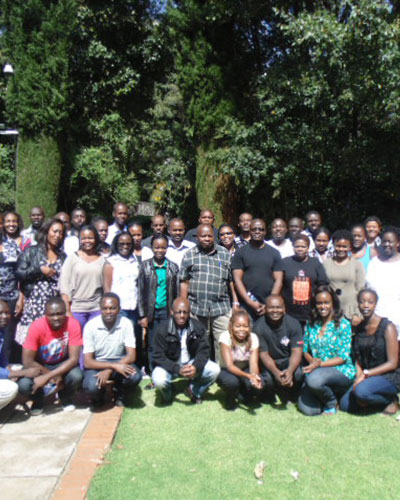
The Institute of Human Virology (IHV) at the University of Maryland School of Medicine announced today more than $138 million in multiple five-year grants awarded by the Centers for Disease Control and Prevention to combat HIV/AIDS in Kenya, Tanzania, Zambia, and Nigeria. The Institute concurrently announced the formation of the IHV Center for International Health, Education, & Biosecurity (CIHEB), and its newly appointed director, Deus Bazira Mubangizi, DrPH, MBA, MPH, Assistant Professor of Medicine, Director, Center for Health, Education, & Biosecurity, Institute of Human Virology, University of Maryland School of Medicine. The Center, in addition to the significant new funding, is the culmination of more than a decade of designing and implementing successful global health programs through unparalleled leadership and a talented team who dedicate their lives to ending the HIV/AIDS pandemic.
"Since 2004, the IHV has been awarded close to an astonishing $926 million from the President's Emergency Plan for AIDS Relief (PEPFAR), a program initiated by President George W. Bush and continued by President Barack Obama," said Robert C. Gallo, MD, The Homer & Martha Gudelsky Distinguished Professor in Medicine, Co-founder, Director, Institute of Human Virology, University of Maryland School of Medicine, who is most widely known for his co-discovery of HIV as the cause of AIDS, and for the development of the HIV blood test. Dr. Gallo is also Co-founder and Scientific Director of the Global Virus Network (GVN).
"It goes without saying that the establishment of our Center for International Health, Education, & Biosecurity is long overdue," said Dr. Gallo. "Dr. Mubangizi has led much of our recent PEPFAR program success, and I have no doubt he will continue to build upon the Institute's expertise and extend our reach in other regions of the world to end HIV/AIDS and related illnesses. I am proud of our faculty and staff who are committed to helping developing nations prevent and address infectious diseases, and build infrastructures that better protect humanity from biosecurity threats."
"Our global program's success is attributed to the bold vision of my colleagues and IHV co-founders, Dr. Robert Redfield and Dr. William Blattner, who is now retired," said Dr. Gallo. "They have led teams who dreamt big, achieved immense success including caring for well over one million individuals overseas, and pioneered programs that now serve as public health models worldwide. I congratulate both on the launch of this new and already prominent Center."
"Building a team at the IHV which will continue to make a significant impact on global health through this new Center is a great source of personal pride for me and all of my colleagues involved," said Robert Redfield, MD, Professor of Medicine, Co-founder, Associate Director, Director, Division of Clinical Care and Research, Institute of Human Virology, University of Maryland School of Medicine. "Seeing Dr. Mubangizi take the reins of our varying global programs ensures that the strong foundation that we laid since 2004 is just the beginning of the IHV's impact on international health, education, and biosecurity."
Dr. Mubangizi's research interests include diffusion of health innovations, interdependence between public-private health partnerships, private health insurance, health financing under decentralized systems, pharmaceutical regulation, hospital governance and efficient models for delivery of primary care services in resource-limited settings. His experience comprises ten countries from Africa, Asia and the Caribbean.
In his role as the Institute's CIHEB Director, Dr. Mubangizi will facilitate unique partnerships between academia, foreign governments, and community organizations to help developing nations learn how to diagnose, treat, and prevent their own AIDS and related epidemics.
"I look forward to building upon the work done over the past twelve years within the IHV's Division of Clinical Care and Research and Division of Epidemiology and Prevention to strengthen public health infrastructures overseas through strategic international, national, and local collaborations," said Dr. Mubangizi. "Through the design and implementation of our combined evidence-driven unique education, training, and treatment service delivery programs, we will better address each country's complex HIV/AIDS and other public health epidemics with an integrated approach that will extend into overall infectious disease protection."
Dr. Mubangizi continued, "The next era of our work will be built on a foundation of strong scientific evidence, leveraging technology in all its forms to improve efficiency and undertake key implementation science research that will ensure effectiveness of interventions across the three pillars of health, education and biosecurity. Most importantly everything we do will start with the end in mind – promoting solutions that are home grown and sustainable. Further, I hope to seek opportunities that will foster collaboration between the Institute and other departments and Schools at the University of Maryland, Baltimore with similar interests."
Over the past twelve years, the IHV has partnered with the governments of Botswana, Ethiopia, Guyana, Haiti, Kenya, Nigeria, Rwanda, South Africa, Tanzania, Uganda, and Zambia to coordinate a global response to the AIDS pandemic.
CIHEB's new $138 million in PEPFAR funding will build upon the IHV's existing programs, including $97.5 million awarded to the IHV in the previous 18 months to combat infectious disease in Botswana, Kenya, Nigeria, and Zambia. The new $138 million in grant funding includes the following:
- $20 million to partner with the Kenya Medical Research Institute (KEMRI) to support the Kenyan Ministry of Health's efforts to strengthen interventions, program development, and polices regarding the country's public health practices related to non-infectious and infectious diseases in Kenya.
- $35 million to collaborate with the Nairobi city council and government of Kenya to provide technical assistance for the prevention, care, and treatment of HIV and infectious disease services within inner city Nairobi, and to support the growth of Kenya's first Methadone treatment center through the expansion of services targeted at key populations and hard to reach groups.
- $50 million to support the implementation and expansion of comprehensive, integrated, high quality HIV prevention care and treatment services to the population of Kenya's Kisii and Migori counties through the establishment of effective and sustainable public health systems with accountably and oversight.
- $12.5 million to support the expansion of effective, high quality, sustainable, and comprehensive HIV prevention, care, and treatment services in 12 target regions of Tanzania that include 90 districts, local and national government authorities, as well as local partners and organizations.
- $12.5 million to partner with the government of Zambia to develop and implement community interventions to end the transmission of HIV infection and to provide an infrastructure that facilitates linkage to care and sustained viral suppression.
- $8 million to support the government of Nigeria in the development of a robust data quality assessment and improvement system and the implementation of an outcome evaluations program targeting HIV epidemic control; and, to study varying interventions to identify gaps in HIV health care driving significant loss of care among adolescents.
The CIHEB Team In Various Locations:
Nigeria:
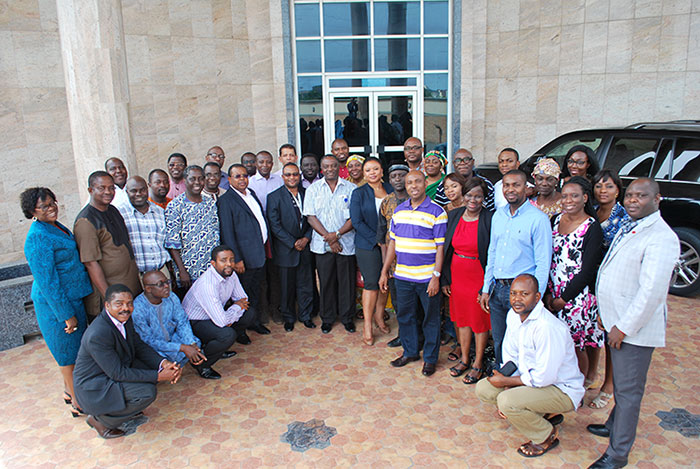
Tanzania:
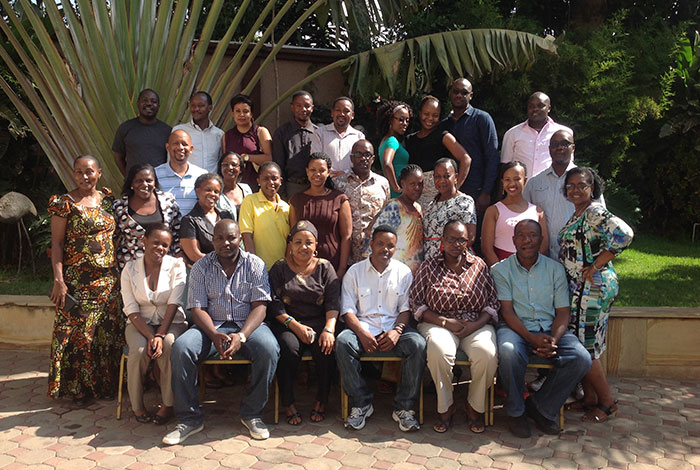
Zambia:
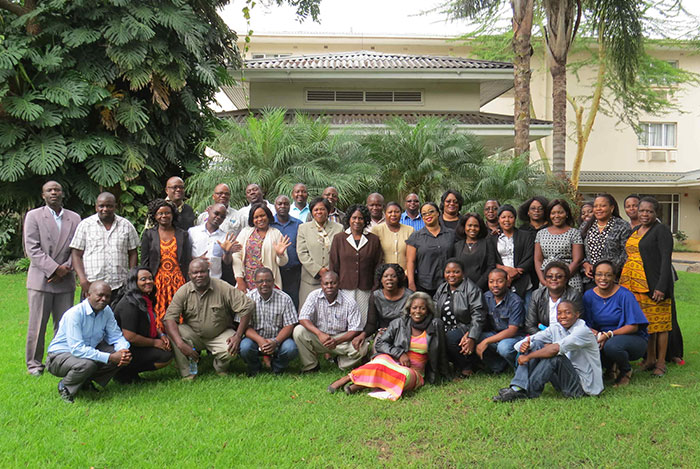
For more information, visit www.ciheb.ihv.org.
About the Institute of Human Virology
Formed in 1996 as a partnership between the State of Maryland, the City of Baltimore, the University System of Maryland, and the University of Maryland Medical System, the IHV is an institute of the University of Maryland School of Medicine and is home to some of the most globally-recognized and world-renowned experts in all of virology. The IHV combines the disciplines of basic research, epidemiology, and clinical research in a concerted effort to speed the discovery of diagnostics and therapeutics for a wide variety of chronic and deadly viral and immune disorders - most notably, HIV the virus that causes AIDS. For more information, visit www.ihv.org and follow us on Twitter @IHVmaryland.
Contact
Institute of Human Virology
Jennifer Gonzales
Public Relations & Communications Manager
jennifer.gonzales@ihv.umaryland.edu
Related stories

Tuesday, October 21, 2025
The Institute of Human Virology Receives $5.5 Million Endowment from the John C Martin Foundation
The University of Maryland School of Medicine received a $5.5 million endowment from the John C. Martin Foundation to the Institute of Human Virology (IHV) at the University of Maryland School of Medicine (UMSOM). This sizeable award inaugurates John C Martin Lectureship and Distinguished Chair , the first endowed chair of its kind in this discipline, and one of the largest endowments in IHV’s history.
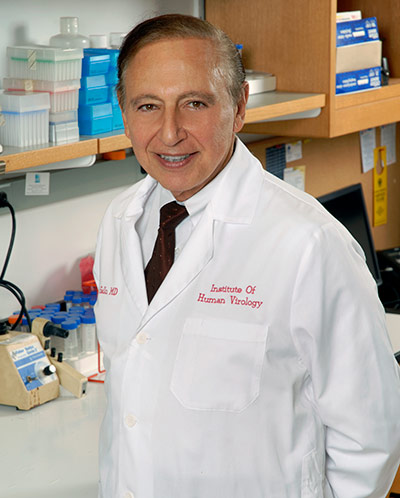
Tuesday, March 28, 2023
Two-Time Lasker Awardee and Internationally Acclaimed Virologist, Robert C. Gallo, MD, To Step Down as Director of UM School of Medicine’s Institute of Human Virology (IHV)
Robert C. Gallo, MD, one of the world’s leading virologists and cancer researchers, announced he has stepped down from his position as Director of the Institute of Human Virology (IHV) at the University of Maryland School of Medicine (UMSOM), effective March 24.
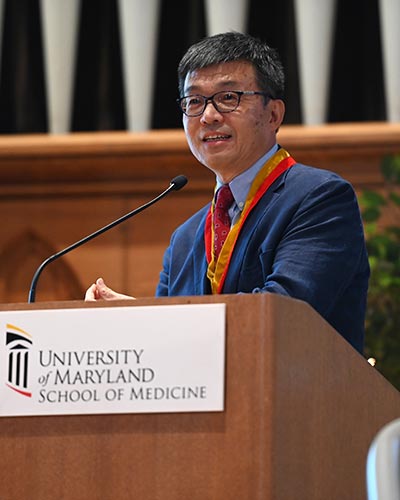
Wednesday, November 09, 2022
Lishan Su, PhD, Invested as the UMSOM Charles Gordon Smith Endowed Professor for HIV Research
With his 92-year-old mother watching via live stream from the city of Qingdao, China, and an in-person audience of friends and colleagues gathered in Westminster Hall, Lishan Su, PhD, an internationally prominent virologist and immunologist at the University of Maryland School of Medicine’s (UMSOM) Institute of Human Virology (IHV), was invested as the Charles Gordon Smith Endowed Professor for HIV Research. Dr. Su is a Professor in the Departments of Pharmacology and Microbiology & Immunology at UMSOM’s IHV, who also serves as the Director of the Division of Virology, Pathogenesis, and Cancer at the Institute.

Monday, October 31, 2022
NCI Grants Awarded to IHV to Prevent Cancer and Improve Screening in Sub-Saharan Africa
Institute of Human Virology (IHV) researchers at the University of Maryland School of Medicine (UMSOM) have received two five-year awards from the National Institutes of Health’s National Cancer Institute (NCI) for a total of $7.5 million. One award aims to reduce the incidence of lung cancer and other cancers associated with using tobacco in Botswana. The other is focusing on improving screening and treatment of anal precancer in Nigeria. Both grants will make use of existing HIV treatment and prevention infrastructure in low- and middle-income countries to reach people living with HIV who are most at risk for these particular types of cancers.
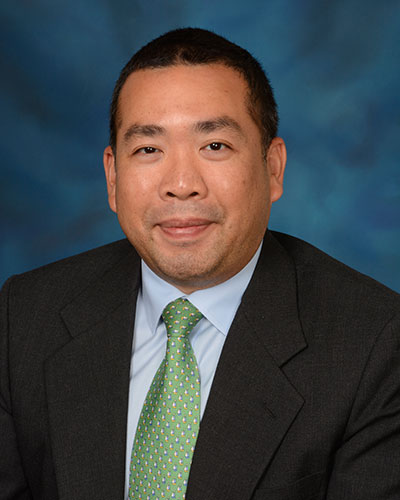
Friday, May 20, 2022
NIH Grant Awarded to Study HIV Drug-Resistant Genetic Mutations Across Africa
University of Maryland School of Medicine (UMSOM)’s Institute of Human Virology (IHV) researchers received funding from the National Institutes of Health’s National Institute of Allergy and Infectious Diseases (NIAID) for $2.7 million to study genetic changes in two genes from the HIV-1 virus that may make it resistant to antiretroviral therapy. The study, named INSPIRE, will analyze genetic variation in types of HIV circulating in a handful of African countries that will help to better understand the implications of these mutations and will improve clinical management of patients.

Wednesday, December 01, 2021
$6.5M Grant Awarded to Develop Treatment for Alcoholic Liver Disease-Associated Kidney Dysfunction
The Institute of Human Virology (IHV) at the University of Maryland School of Medicine (UMSOM) and MitoPower LLC (“MitoPower”) were awarded an SBIR (Small Business Innovation Research) grant of up to $6.5 million over five years from the National Institute on Alcohol Abuse and Alcoholism. The funds will support the development of MitoPower’s lead compound, MP-04, for the treatment of kidney dysfunction due to alcoholic liver disease, a condition known as alcoholic liver disease-associated hepatorenal syndrome (HRS). The IHV, a Center of Excellence member of the Global Virus Network (GVN), will conduct first-in-human single and multiple ascending dose studies to test the safety of the compound, followed by a Phase 1b study in patients.
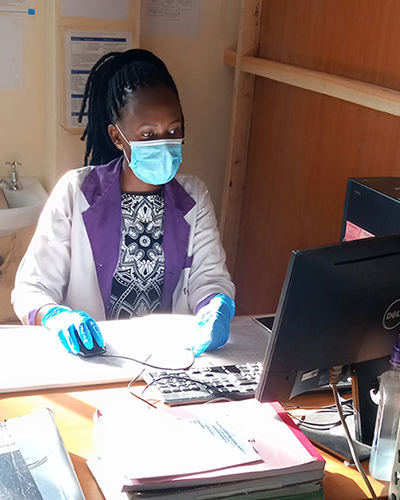
Tuesday, June 02, 2020
UM School of Medicine’s Institute of Human Virology Awarded Grants to Strengthen COVID-19 Response in Sub-Saharan Africa
The Center for International Health, Education and Biosecurity (Ciheb) at the University of Maryland School of Medicine’s Institute of Human Virology was awarded $4 million from the U.S. Centers for Disease Control and Prevention (CDC) to support coronavirus disease 2019 (COVID-19) response activities in Botswana, Nigeria, Malawi, and Mozambique.

Monday, June 24, 2019
UM School of Medicine's Institute of Human Virology Awarded $40 Million Grant to Conduct HIV Population Surveys
Man Charurat, MD, Professor of Medicine, Director, Center for International Health, Education, and Biosecurity (CIHEB), and Director, Division of Epidemiology and Prevention, Institute of Human Virology (IHV) at the University of Maryland School of Medicine (UMSOM), has been awarded a five-year grant from the U.S. Centers for Disease Control and Prevention (CDC) to conduct HIV population-based HIV impact assessments worldwide to measure the progress towards the control of the HIV epidemic
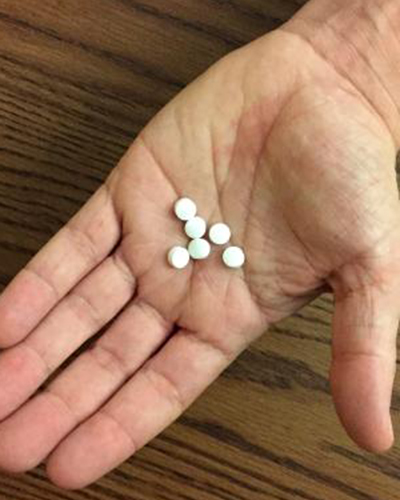
Thursday, March 21, 2019
IHV Experts Researching Experimental Drug to Curb Opioid Cravings
Researchers at the University of Maryland School of Medicine (UMSOM) Institute of Human Virology (IHV) are collaborating with scientists at the National Institutes of Health to test an experimental drug to curb opioid cravings.
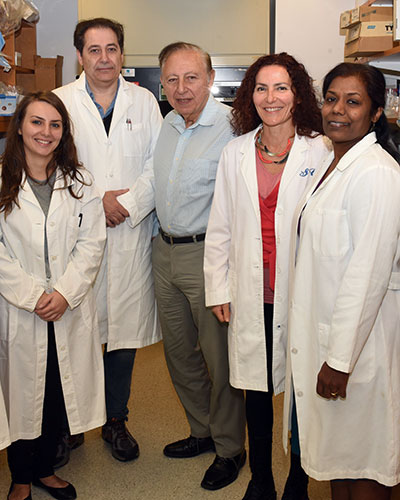
Tuesday, December 04, 2018
Institute of Human Virology Researchers Discover That a Bacterial Protein Promotes Cancer
The Institute of Human Virology (IHV) at the University of Maryland School of Medicine (UMSOM) announced today the discovery that DnaK, a protein of the bacterium mycoplasma, interferes with the mycoplasma-infected cell’s ability to respond to and repair DNA damage, a known origin of cancer.

Wednesday, September 19, 2018
Institute of Human Virology (IHV) Awarded $12M to Combat Opioid Epidemic Through Clinical Research Trials
The Institute of Human Virology (IHV) at the University of Maryland School of Medicine will lead a $12 million dollar project to improve the morbidity and mortality of people with opioid use disorder (OUD). Utilizing a novel compound, IHV researches will implement a series of investigations, entitled SEARCH, to evaluate the underlying mechanisms of craving reduction as a strategy to prevent opioid misuse, dependence, and relapse. The grant is awarded through the National Institutes of Health’s (NIH) Helping to End Addiction Long-term (HEAL) Initiative, made possible through groundbreaking funding from the U.S. Congress.

Wednesday, March 21, 2018
Dr. Robert Redfield, Co-Founder of the Institute of Human Virology at the University of Maryland School of Medicine, to Become CDC Director
The Institute of Human Virology (IHV) at the University of Maryland School of Medicine (UMSOM) congratulates its co-founder and associate director, Robert R. Redfield, MD, on his appointment to be the next director of the U.S. Centers for Disease Control and Prevention (CDC).
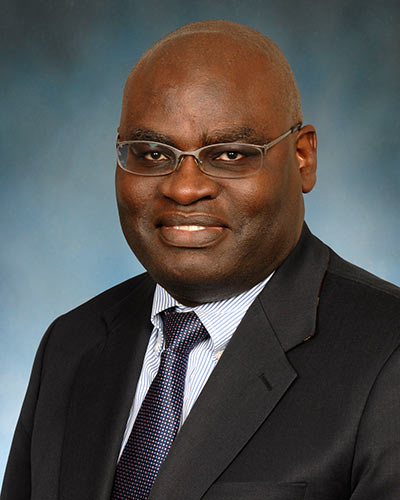
Tuesday, March 20, 2018
UMSOM Cancer Expert at Institute of Human Virology Named Fellow of American Society of Clinical Oncology
Clement A. Adebamowo, BM, ChB, ScD, FWACS, FACS, Associate Director of Population Science at the Marlene and Stewart Greenebaum Comprehensive Cancer Center, University of Maryland School of Medicine (UMSOM), and Professor of Epidemiology and Public Health, Institute of Human Virology, has been named a 2018 Fellow of the American Society of Clinical Oncology (ASCO).
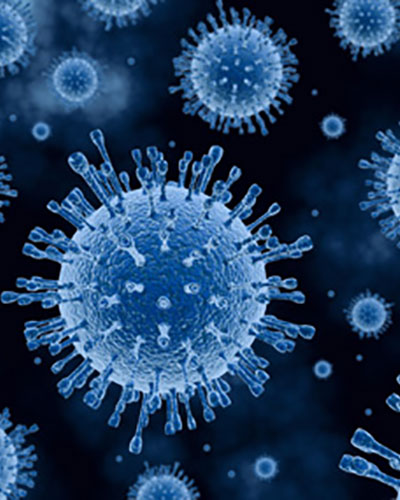
Wednesday, April 13, 2016
IHV Releases Data Supporting Community-Based Treatment Providers in Fight Against Hepatitis C
The Institute of Human Virology (IHV) at the University of Maryland School of Medicine released data today at The International Liver Congress 2016 in Barcelona, Spain demonstrating that treatment for hepatitis C virus (HCV) can be provided safely and effectively within a community-based and non-specialist setting.
